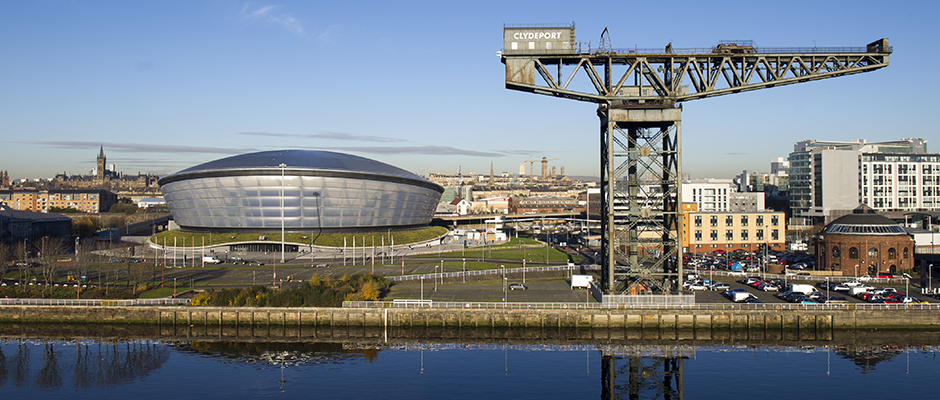From Cities Policies to City Policy: Innovative Pathways to Urban Transformation

Joint Urban Transformations and Policy Scotland event
Venue: Zone B, The Tontine Building, 20 Trongate, Glasgow
The last five years have witnessed substantial shifts in policy approaches to cities across a number of the OECD countries. Within this general trend, the UK’s distinctive approach involving decentralisation and attempts to alter the governance arrangements at city region level is one of the most interesting and radical. The UK government has set out to boost productivity and competitiveness and to accelerate economic growth through ‘city deals’ negotiated between the Treasury and local authorities. These deals raise significant issues about local tax arrangements, and central-local transfers and local autonomies. They also make major assumptions about local capacities to make sound investment decisions within well-informed economic strategies for city-regions.
Not only have the deals struck between the Treasury and councils varied in scope and scale from place to place within in England but, with new powers also shifting to the devolved administrations of the UK, city deals in Scotland and Wales have unfolded in distinct policy as well as governance contexts. Although councils face similar pressures to cope with capital cutbacks and service restrictions, different policy approaches in different city regions have emerged. Common threads include innovation in service provision and a shifting approach to investment strategies for economic development, which have expanded beyond focus on skills/human capital and business/innovation to also involve significant investment commitments for infrastructure, and smart technologies that, it is argued, will enable more effective management of resources. Increasingly these involve place based approaches, where the aim is to maximise the opportunities available in a given physical/economic locality.
Arguably we are moving from an emphasis on national/Scottish policies for cities to new powers and technologies for each and every city so that individual city policy is coming to replace national cities policies. This conference highlights three key, linked strands of this major shift: city deals, smart cities and what we call metropolitan federalism. It is particularly appropriate that the event takes place at Glasgow’s Tontine business growth accelerator, which incorporates challenge labs as a physical co-working space for high tech scale-ups. Having been the UK’s Future City Demonstrator project, the city is now leading the way through its extensive new open innovation infrastructure and its leadership role on smart cities amongst UK core cities and the Scottish Cities Alliance.
Both at UK level and internationally, there are also significant moves towards city devolution. Because of the Scottish independence/full fiscal autonomy/constitutional question, debate about the powers and roles of Scotland’s cities has been muted compared with the prominence given to the ‘Northern Powerhouse’ in England. The Scottish Cities Alliance has usefully focused on collaborative interactions within a set of cities but it has not made strong cases for city devolution within Scotland. Yet in governance terms there are similarities between multi-level government structures in Scotland, Canada and Australia, where provincial and state governments coexist with city- and federal tiers.
